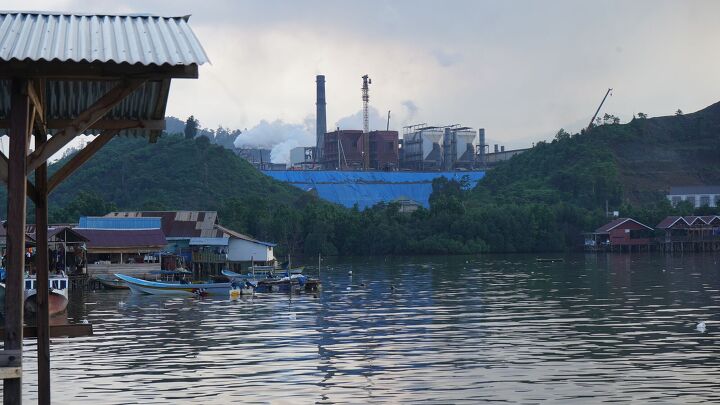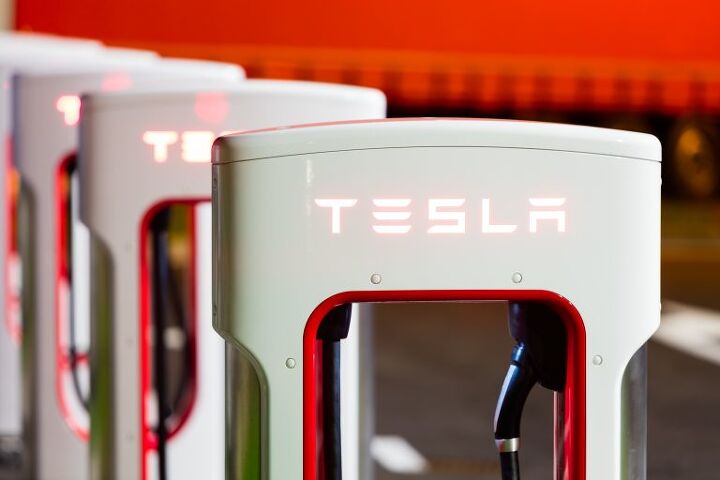#Nickel
Indonesia is Suffering the Consequences of China's EV Explosion
Electric vehicle naysayers love to talk about the environmental impact of mining raw materials for batteries. While those arguments are often rooted in some degree of truth, they’re generally made as the only argument and are levied without much evidence for support. Though it’s true that mining and processing nickel, cobalt, lithium, and other materials is awful for the environment, we’re learning more about the geopolitical and financial implications of the practice.
Indonesia Receives Mining Proposal From Tesla
Indonesia has reportedly received an investment proposal from Tesla Inc. requesting access to its nickel reserves. Once the largest producer of nickel in the entire world, Indonesia’s government started enacting regulations on the exportation of specific mineral ores in an effort to boost the local smelting industry and set up a more robust supply chain focused on lithium batteries.
This resulted in a huge price surge in 2019, as the nation began running mining opportunities under the noses of various industries that would be interested in the raw materials necessary for battery production.
Report: Mass Nickel Mining Probably Won't Be Great for the Environment
Electric vehicle manufacturers are already struggling to maintain supply lines as demand for batteries increases in practically every industry in existence. Automakers have recently begun branching out to secure the raw materials necessary for their production while also trying to cozy up to battery suppliers who already know they have them over a barrel. Some, like Tesla, have even built their own facilities for battery production.
In August, Tesla CEO Elon Musk announced that the automaker would offer favorable deals to companies that could mine nickel in an ecologically friendly manner and help ensure it has an adequate supply of the metal for batteries. But there’s a problem: pretty much every automaker wants access to nickel and — much like cobalt — there are often serious implications regarding how it’s procured. As demand continues to grow, industry players will become increasingly reliant on regions lacking rigid environmental safeguards.


















Recent Comments